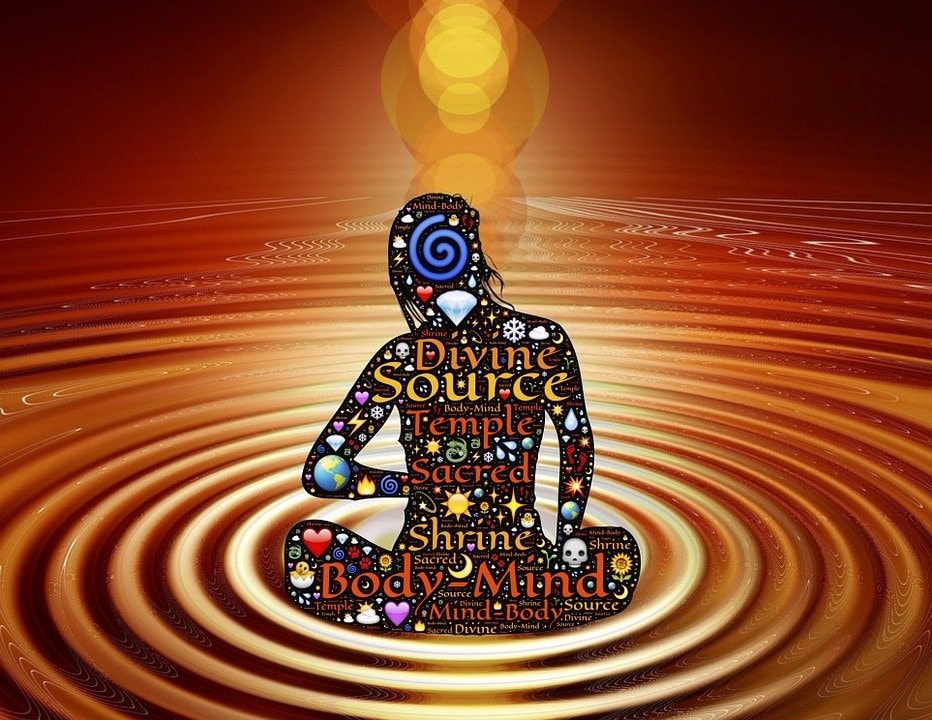 Change is a process not an event Change is hard. It’s hard because we are creatures of habit. It’s hard because sometimes the habit we need to change is one we enjoy. It’s hard because learning something new takes time and we are often impatient. But as hard as it might be, change can also afford us the opportunity to improve our lives. So, while making changes is a difficult process it is also an inevitable and natural part of life. In the Torah these past few weeks we have observed the Israelites going through a lot of changes. Once they were slaves, now they are a free people. Once they were merely a free people, now they are a nation. Once they were only a nation, now laws have been put into place for the creation of a just nation. These changes did not happen all at once and there were of course moments of unhappiness and even regret for taking these steps forward. But, one of the benefits of these changes is that the Israelites were brought closer to God. In last week’s portion that closeness culminated in the building of the Mishkan, a portable tabernacle in which God could dwell with the Israelites as they wandered through the desert. In this week’s portion Tetzaveh, the Israelites’ relationship with God is again strengthened. The details for the construction of the Mishkan shift to a description of priestly vestments. This is followed by an explanation of the priests’ ordination ceremony in which each of the kohanim undergoes a massive transformation – from ordinary Israelite to priest in God’s service. When making a change in our life we can help ourselves by taking it “one day at a time” and treating our transformation as an ongoing process. Even though the particulars of our desired changes may look different from that of the Israelites, the fundamental goals are the same – to live meaningful and just lives and to strengthen and deepen our relationship with God. Either way it’s clear that change is a process not an event. Shabbat Shalom. Ellie  You only get out of it what you put into it One important rule many of us have learned over the course of our lives is that we only get as much out of life as we put into it. Having learned this piece of wisdom however, doesn’t mean we always follow it. A good example is practicing the guitar. I started taking guitar lessons about a year ago and although I do practice fairly regularly, sometimes I’m just too tired to practice. After a long and exhausting day I typically end up plopping down in my big poofy chair ready to do a little reading or catch up on the day’s news. Looking up, I often notice my guitar from across the room beckoning me to come and practice. I’m certainly motivated to practice. I have a degree in music and I play several other instruments. Even so, being highly motivated doesn’t always mean I am in the mood to practice. For me, the trick is to motivate myself even when I’m not in the mood. If I put in the time to practice no matter how I am feeling, my guitar playing will certainly improve. In this week’s Torah portion Terumah, God tells Moses to instruct the Israelites to create a dwelling place – a Mishkan, or Tabernacle, for God. The Torah gives very specific instructions on how this Tabernacle should be built. For example: וְעָשִׂ֥יתָ מְנֹרַ֖ת זָהָ֣ב טָה֑וֹר מִקְשָׁ֞ה תֵּֽיעָשֶׂ֤ה הַמְּנוֹרָה֙ יְרֵכָ֣הּ וְקָנָ֔הּ גְּבִיעֶ֛יהָ כַּפְתֹּרֶ֥יהָ וּפְרָחֶ֖יהָ מִמֶּ֥נָּה יִֽהְיֽוּ: וְשִׁשָּׁ֣ה קָנִ֔ים יֹֽצְאִ֖ים מִצִּדֶּ֑יהָ שְׁלֹשָׁ֣ה ׀ קְנֵ֣י מְנֹרָ֗ה מִצִּדָּהּ֙ הָֽאֶחָ֔ד וּשְׁלֹשָׁה֙ קְנֵ֣י מְנֹרָ֔ה מִצִּדָּ֖הּ הַשֵּׁנִֽי: שְׁלֹשָׁ֣ה גְ֠בִעִ֠ים מְשֻׁקָּדִ֞ים בַּקָּנֶ֣ה הָֽאֶחָד֘ כַּפְתֹּ֣ר וָפֶ֒רַח֒ וּשְׁלֹשָׁ֣ה גְבִעִ֗ים מְשֻׁקָּדִ֛ים בַּקָּנֶ֥ה הָֽאֶחָ֖ד כַּפְתֹּ֣ר וָפָ֑רַח כֵּ֚ן לְשֵׁ֣שֶׁת הַקָּנִ֔ים הַיֹּֽצְאִ֖ים מִן־הַמְּנֹרָֽה: וּבַמְּנֹרָ֖ה אַרְבָּעָ֣ה גְבִעִ֑ים מְשֻׁ֨קָּדִ֔ים כַּפְתֹּרֶ֖יהָ וּפְרָחֶֽיהָ: And you shall make a lampstand of pure gold; of hammered workmanship shall the lampstand be made; its shaft, and its branches, its bowls, its bulbs, and its flowers, shall be of the same. And six branches shall come from its sides; three branches of the lampstand from the one side, and three branches of the lampstand from the other side; Three bowls made like almonds, with a bulb and a flower in one branch; and three bowls made like almonds in the other branch, with a bulb and a flower; so for the six branches that come from the lampstand. And in the lampstand shall be four bowls made in the shape of almonds, with their bulbs and their flowers. (Ex. 25:31-34) The details and the effort put forth by the Israelites in the building of the Mishkan were important. After all, this was to be a place where God would dwell among the them. As Rabbi Shefa Gold writes: the purpose of the Mishkan was to send the Israelites to the space within where they could receive the Mystery of Presence. To build a dwelling place for God, the motivation had to come from more than just a sense of duty. The Israelites needed to be willing and generous of heart. Whether we are learning to play guitar or building a place in which God will dwell, nothing meaningful in life comes effortlessly and nothing great can be achieved quickly. In the end, you only get out of it what you put into it. Shabbat Shalom, Ellie Bring the body and the mind will follow
We all experience moments in our lives when we feel stuck and not quite sure how to move forward. Maybe we have made a major decision to for instance, get a dog. Despite feeling unsure about whether this is a good idea, we move forward anyway and take the necessary steps toward achieving this goal. We search animal shelter websites, get advice from friends, fill out an adoption application when we find the dog we want; and prepare our home for the arrival of our very own adorable pooch. By taking the steps needed to bring a dog into our home, we temper the anxiety we might feel about making such a major change in our lives. In this week’s Torah portion Yitro, the Israelites now free from slavery, have been wandering in the desert for three months. They now arrive at Mt. Sinai where they encamp, while Moses ascends the mountain to meet with God. When Moses arrives at his destination, God coaches him about what he should tell the Israelites. Make sure God says, to remind them of what I did to the Egyptians and how I bore the Israelites on eagle’s wings (Ex. 19:4). God tells Moses to also remind the Israelites that if they keep God’s covenant they will be to God: מַמְלֶ֥כֶת כֹּֽהֲנִ֖ים וְג֣וֹי קָד֑וֹשׁ, a kingdom of priests and a holy nation (Ex. 19:6) When he comes down from Mt. Sinai Moses calls the elders together and reveals all that God had said to him. When he finishes the elders call out: All that God has spoken we will do and more specifically in next week’s portion the people say, נַֽעֲשֶׂ֥ה וְנִשְׁמָֽע--Na’aseh v’nishma-- we will do and we will hear/understand.” (Ex. 24:7) While it may be more typical to listen to what someone tells you to do and then act on what you are told, the Israelites act on their promise to keep the Torah before they even understand what they are doing. Because of this, they temper the anxiety they might feel about making such a major change in their lives. In the next few weeks I will hopefully be given a chance to open my home to a shelter dog. While I may feel a little anxious about this undertaking I have as an example, the Israelites’ faith in God and their willingness to נַֽעֲשֶׂ֥ה וְנִשְׁמָֽע--Na’aseh v’nishma, to do and then to understand. In other words, if I bring my body my mind will follow. Shabbat Shalom, Ellie |
Archives
May 2024
|
OFFICE Hours
|
Telephone802-773-3455
|
Email ADDRESS |


 RSS Feed
RSS Feed